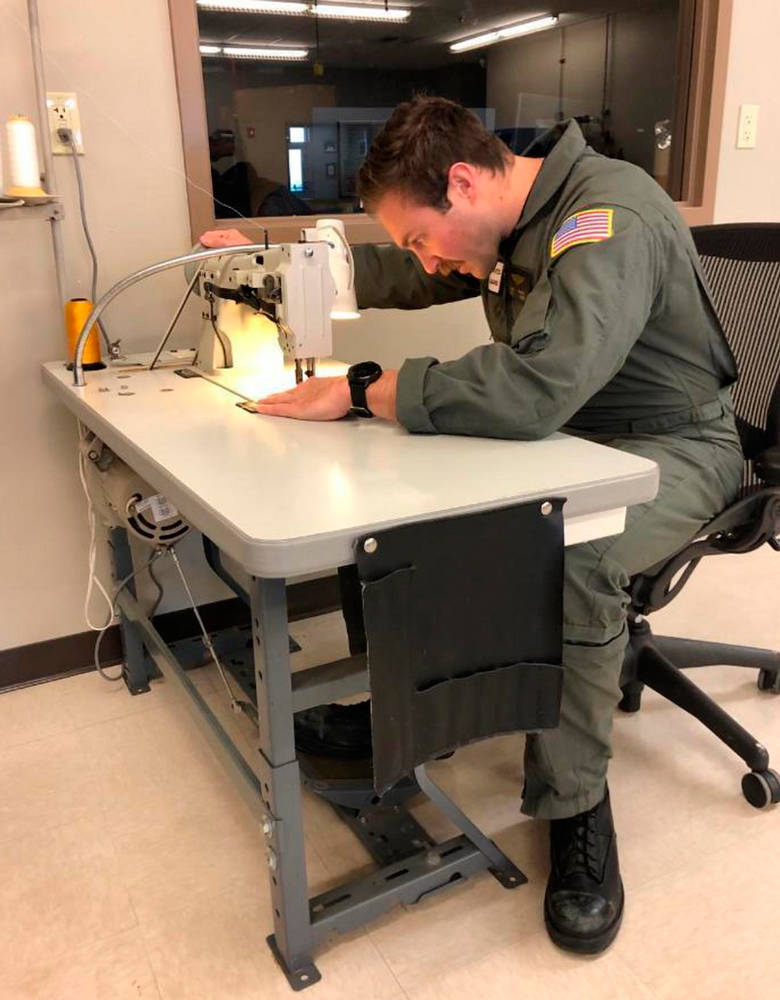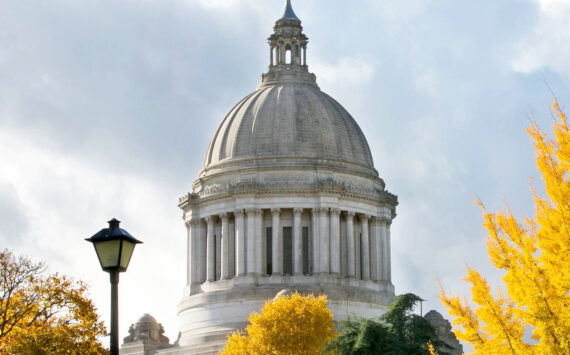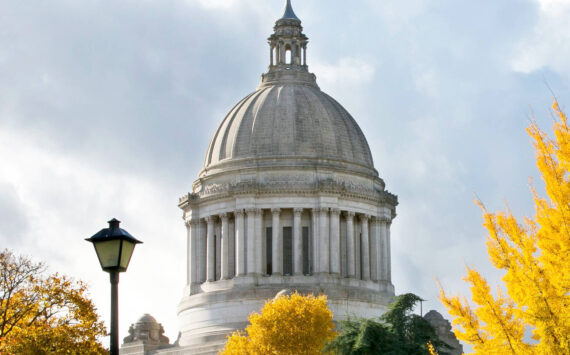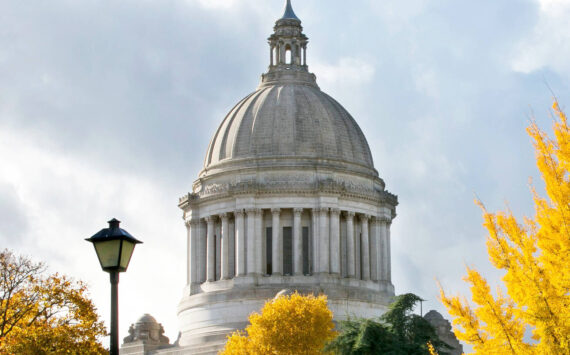NORTH BEND, OR. — Coast Guard aviation survival technicians, better known as rescue swimmers, undergo some of the most intense training available in any military branch. They are highly conditioned rescue and survival experts drilled to operate in a variety of adverse maritime environments.
Rescue swimmers achieve proficiency in advanced skills such as helicopter rescue, operational fitness, survival and emergency medicine. However, the ability to sew is probably the least known skill of every rescue swimmer in the Coast Guard.
“The North Bend AST shop makes and repairs a lot of aviation equipment as part of our regular duties,” said Chief Petty Officer Roderick Ansley, chief of the rescue swimmer shop at Coast Guard Sector North Bend, Oregon. “We sew and repair air-frame upholstery, gear bags, equipment, flight suit patches. Stuff gets beat-up pretty good in our line of work. We can repair it all.”
As the world continues to grapple with the complexities of a global pandemic, Americans are treating the emergency response as a war against an invisible enemy.
This new war effort has seen a flurry of volunteers trying to tackle the desperate need for medical supplies and personal protective equipment like gloves, gowns, face shields and masks.
The Bay Area Hospital in Coos Bay, Oregon, sent out a request for assistance in procuring and manufacturing PPE. They even developed a blueprint for surgical-grade masks. They could disseminate the pattern and even supply the medical grade materials. But, they needed people who could sew.
The Sector North Bend shop has 13 active-duty swimmers, operating in a round-the-clock rotation at both Sector North Bend and at the Air Facility in Newport. Between an augmented schedule of regular duties and training, the swimmers can spend down time fabricating masks.
“We broke up the work into teams,” said Petty Officer 2nd Class Chad Morris, an aviation survival technician at Sector North Bend. “If we aren’t flying or doing maintenance, we’re cutting materials, assembling layers, stitching seems, adding elastic. We do as much as we can and then the other team picks it up there.”
The North Bend rescue swimmer shop is stepping up to assist their local community first responders the best way they know how.
“This community has always supported the Coast Guard,” said Ansley. “During the partial government shutdown last year, when we saw a lapse in pay, they came out in droves to help us. They were here when we needed them most, and now we have another opportunity to give back.”
Morris has been a rescue swimmer in North Bend for about five years and was recently accepted to the Coast Guard’s Officer Candidate School.
“I’ve always wanted to be a pilot, and the opportunity to go to OCS and then flight school will be a dream come true,” said Morris. “But now, with everything going on, things are getting put on hold and I’m worried that my plans will get pushed back.”
Morris intends to marry his fiancé in a wedding ceremony scheduled for June, which would have given them time for a honeymoon before the 17-week OCS course starts in July. At this time, it’s not clear if those plans will be delayed, or even canceled.
“Everything is up in the air right now and we just don’t know what the future holds,” said Morris. “But we focus on what’s right in front of us, and that means pitching in and helping our neighbors any way we can.”
Social distancing has proven to be an effective solution at slowing the spread of COVID-19 and helping to buy time for medical care facilities with limited supplies. That time has also proven critically important to securing the tools necessary to waging war on the virus.
“To be a Coast Guardsman means to be a humble servant of the people,” said Ansley. “But I don’t want people to think that we’re the only ones working on this. Many other community members have been leading the charge. We’re like everybody else, holding our breath, figuring out ways to help out, while we wait for this whole thing to blow over.”
Ansley encourages others who have the means or skills to assist in the manufacturing of medical supplies for healthcare workers, visit their local hospital’s website and find ways to help. Pull up the blueprints, and start sewing. If you can’t sew, find another way to help your community.
In the meantime, the rescue swimmers of Sector North Bend thread the needle so others may live.
– United States Coast Guard
(Images by Petty Officer 3rd Class Trevor Lilburn; courtesy of U.S. Coast Guard Sector North Bend)





